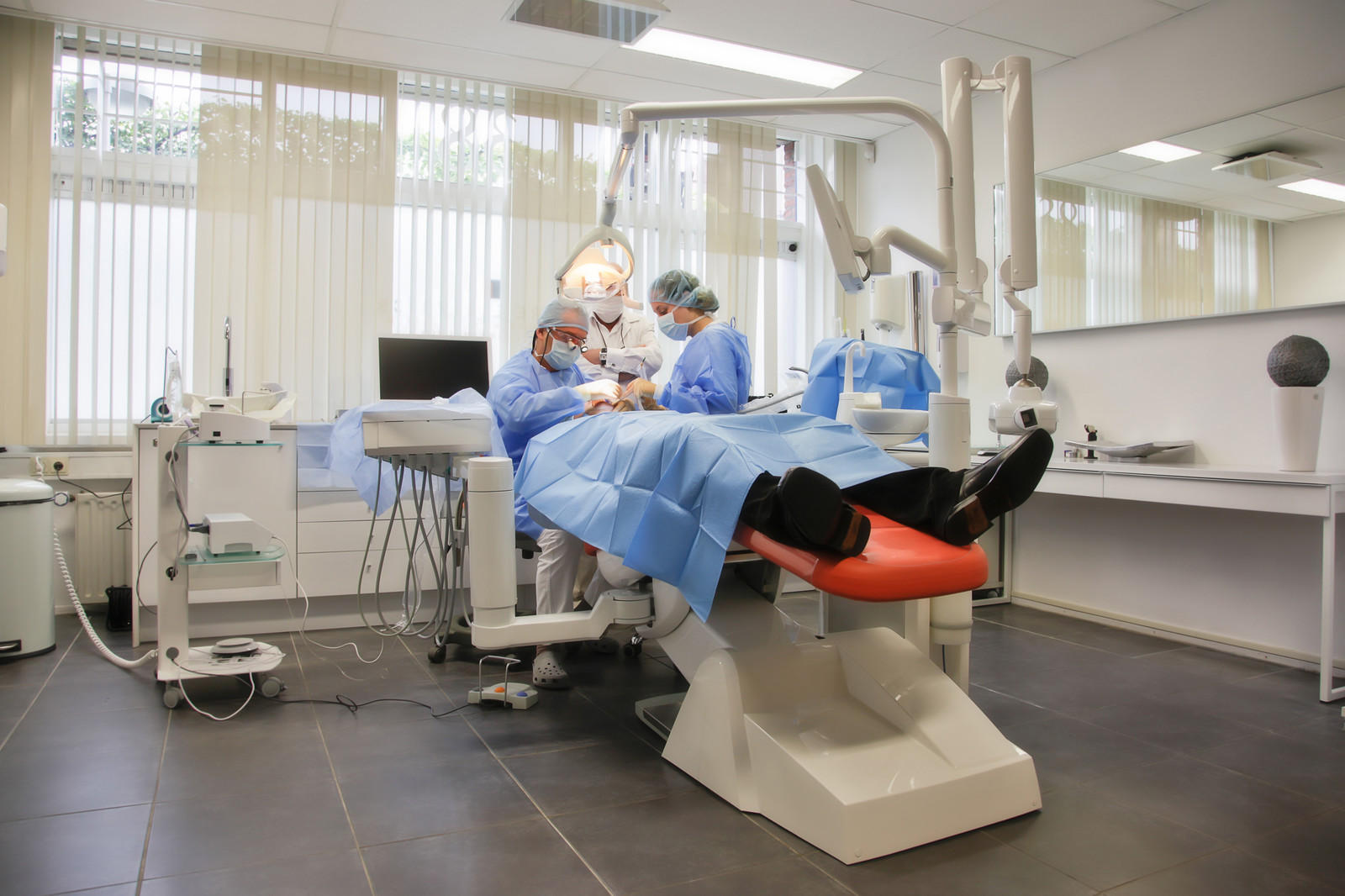Are you trying to decide how to respond to your dentist’s recommendation to have your wisdom teeth removed? Many dentists in Brandon recommend wisdom teeth be removed before they begin to cause problems in your mouth because wisdom teeth simply aren’t necessary and because they can cause significant disruptions in your jaw causing damage to other teeth.
Wisdom tooth extractions in Brandon are common and almost always performed without complications. Your dentist has the training and expertise necessary to perform the extraction safely and as comfortably as possible. Take the time to ask any and all questions you have about what to expect. One question that is often asked about wisdom tooth extraction is what to expect during recovery. The goal of this article is to answer as many of those questions as possible and to provide a guide for your conversation with your dentist.
Planning ahead
The most important step in your recovery after tooth extractions in Brandon begins before your wisdom teeth are removed — planning. Here are some of the pre-extraction issues to work through. Doing so will make your post-extraction recovery easier.
- Anesthesia. Your extraction will be performed under anesthesia. Be sure to discuss your medical history with your dentist and, in particular, any past experience with anesthesia and pain medications.
- Transportation. You should not drive for 48 hours after receiving general anesthesia. Plan ahead for a ride to and from the dental clinic in Brandon.
- Shop ahead of time. Following your surgery, you should eat only soft foods for several days. So that you don’t need to shop immediately afterwards, stock your pantry and fridge with things like pasta, rice, soup, pudding, smoothies, yogurt, and plenty of fluids to drink.
- Schedule time off. We recommend that you take a couple of days off from work and from any caregiving responsibilities to allow yourself to focus on rest and recovery.
The five steps of recovery
Everyone’s recovery timeline and experience are different, but every person who undergoes tooth extraction goes through the same five phases of recovering from the procedure. Here are the five stages you’ll experience and a rough and general timeline for each:
- During the first 24 hours, blood clots will form at the extraction sites
- During the first two or three days, the swelling in your jaw, mouth, and cheeks will begin to subside
- Approximately seven days after the procedure, your dentist will remove any stitches that have not dissolved
- By a week or 10 days after the extraction, the stiffness and soreness you’ll experience in your jaw will likely have passed
- By the end of the second week, any bruising that developed on your face or jaw can be expected to have healed.
Some Dos and Don’ts While Recovering from Wisdom Tooth Extraction
DO use ice packs or cold compresses on the outside of your cheek to help reduce swelling. DO use an antiseptic mouthwash as directed by your dentist to help prevent infection. DO continue to gently exercise your jaw while recovering by opening and closing your mouth slowly, even though it will feel uncomfortable. DO eat mostly soft foods and drink lots of fluids — but keep everything mild and avoid anything hot or cold. DO take any medications prescribed by your dentist or use over-the-counter pain medications as required and directed.
Many of the DON’Ts are offered to make sure you preserve the vital blood clots that form at the extraction sites. Those clots prevent bleeding, protect your mouth from infection, and encourage the growth of new tissue. They’re vulnerable and, if dislodged, you can experience a condition called dry socket. To avoid any complications, follow these DON’Ts, especially during the first 24 hours after your tooth extraction.
DON’T drink hot beverages. DON’T brush your teeth near the extraction sites. DON’T struck on straws or spit since the suction produced can disturb your clots. DON’T smoke. DON’T consume alcohol.
Wisdom tooth extractions are common and, with careful attention to these guidelines and your dentist’s specific instructions, complications are rare. If you’re concerned about your wisdom teeth and whether to have them removed or have any questions about your recovery from extraction, don’t hesitate to contact a dental clinic near you. The staff there are experts in tooth extractions and committed to making your recovery as comfortable and quick as possible.






